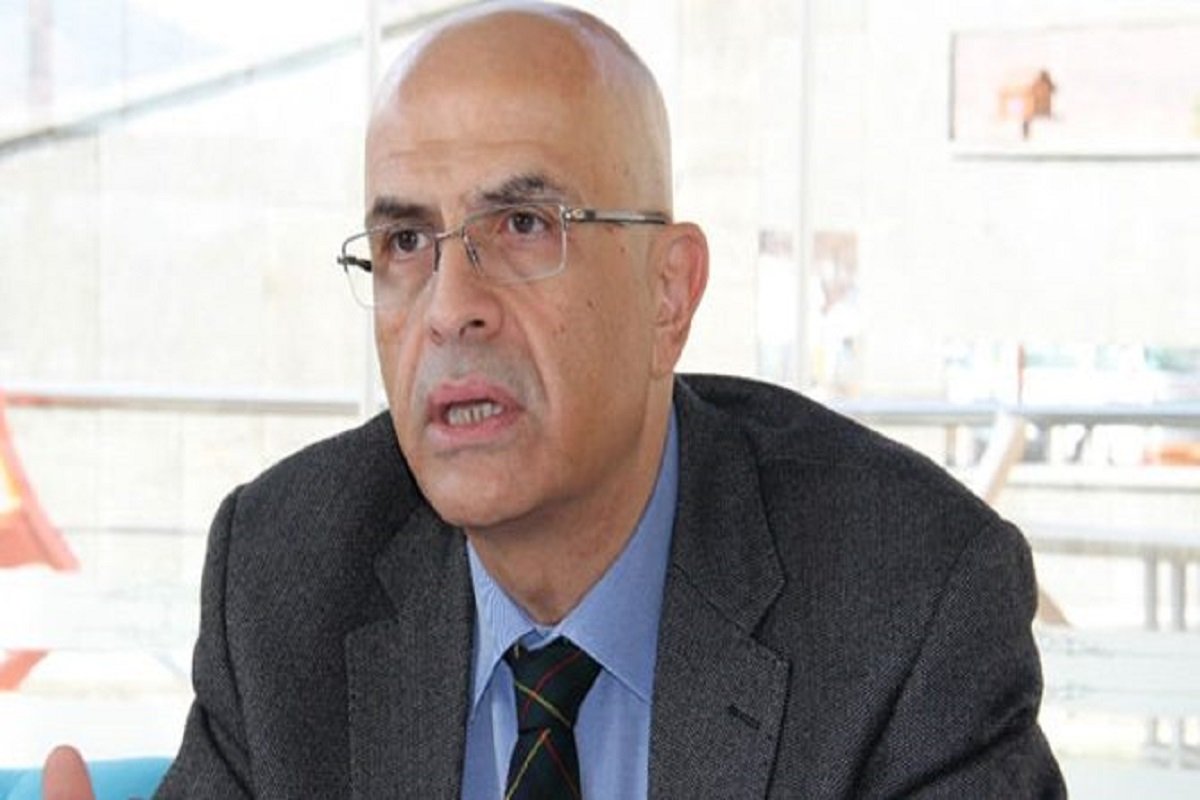Elis Berberoğlu, a jailed deputy from Turkey’s main opposition Republican People’s Party (CHP), complained of isolation in prison to Pınar Türenç, head of the Turkish Press Council, when she visited him at İstanbul’s Maltepe Prison.
According to a report by the Hürriyet Daily News on Sunday, Berberoğlu told Türenç: “I have been by myself in my cell for approximately a year. It is not possible to talk or have a brief chat with anyone. I cannot even take a walk with another inmate.”
Berberoğlu is a former journalist who was initially sentenced to 25 years in prison and put behind bars on June 14, 2017 on charges of “aiding a terrorist organization,” “espionage” and “leaking secret state documents.”
In February an appeals court ruled there was no evidence supporting the charges of “espionage” and “aiding a terrorist organization” and reduced the 25-year sentence while still sentencing the CHP deputy to five years, 10 months for making secret government documents public.
Berberoğlu, the first CHP deputy to be given prison time, is accused of providing the Cumhuriyet daily with a video purporting to show trucks operated by Turkey’s National Intelligence Organization (MİT) sending weapons to radical jihadist groups in Syria to fight against the regime of Bashar al-Assad.
“How can I be a spy? It is so clear the claims against me are unfounded. … I hope for a positive decision to come from the Constitutional Court, to which I have applied in appeal. A situation that does not comport with any article of the law is being experienced right now. I have hope,” Berberoğlu told Türenç, adding that he spends his days working on a book titled “By Myself in the Cell” while in prison.
Berberoğlu started his career at the Dünya business newspaper in 1981. In his long journalism career Berberoğlu also worked for Cumhuriyet, CNN Türk and Radikal and served as editor-in-chief of Hürriyet from 2009 to 2014.
When the MİT truck story first broke in 2015, it produced a political firestorm in Turkey about the role of the Turkish spy agency in arming radical Islamist rebel factions in Syria and prompted an investigation into Cumhuriyet journalists Can Dündar and Erdem Gül, who published the report.
They were first jailed while facing trial on spy charges for publishing footage purporting to show MİT transporting weapons to Syria in 2014. Later, the two journalists were released pending trial.
When Dündar later published a book titled “We Are Arrested,” he mapped out the details of the news story on May 27, 2015, saying that “a leftist lawmaker brought the information to me.” Upon that revelation, the İstanbul Chief Public Prosecutor’s Office launched a new investigation and examined Can Dündar’s phone call records during the days leading up to the publication of the story.
The prosecutor’s office detected a phone conversation between CHP deputy Berberoğlu and Dündar on May 27. A new indictment was drafted naming Berberoğlu. In September 2016, an İstanbul court decided to merge the trial of journalists Dündar and Gül with that of Berberoğlu.
In order to protest the court decision, CHP leader Kemal Kılıçdaroğlu launched a “March for Justice” on June 14, 2017 in Ankara which ended at Maltepe Prison in İstanbul, where Berberoğlu is jailed.
Turkey is the biggest jailer of journalists in the world. The most recent figures documented by SCF show that 245 journalists and media workers were in jail as of March 16, 2018, most in pretrial detention. Of those in prison 190 were under arrest pending trial while only 55 journalists have been convicted and are serving their time. Detention warrants are outstanding for 139 journalists who are living in exile or remain at large in Turkey.
Detaining tens of thousands of people over alleged links to the Gülen movement, the government also closed down more than 180 media outlets after the controversial coup attempt.















